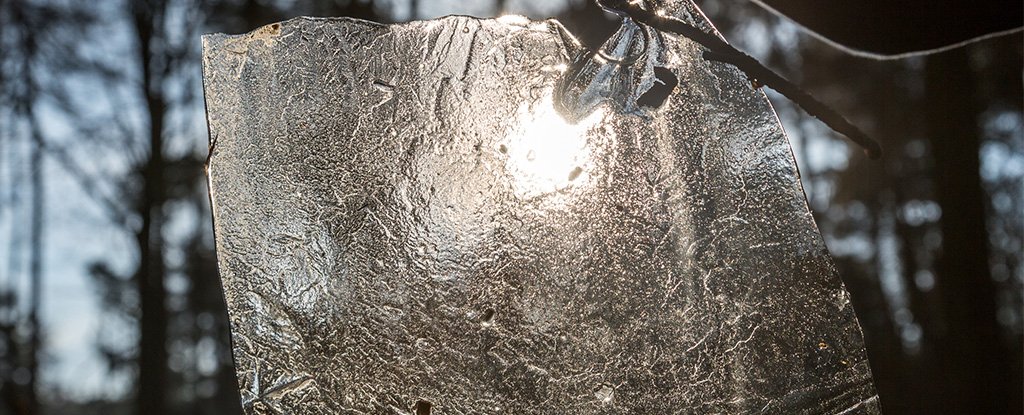(Santiago Urquijo/Moment/Getty Images)
In 2015, a team of scientists from the United States and China traveled to Tibet to gather samples of Earth's oldest glacial ice.
Earlier this month, they published a paper on the pre-print server bioRxiv detailing their discovery of 28 new virus groups in the 15,000-year-old ice - and warning that climate change could free the ancient viruses into the modern world.
The team drilled 50 meters (164 feet) down into the glacier to obtain two ice cores, which then underwent a three-step decontamination protocol.
After that, the researchers used microbiology techniques to identify microbes in the samples.
Those techniques revealed 33 virus groups - including, notably, 28 ancient viruses that scientists had never seen before.
"This study establishes ultra-clean microbial and viral sampling procedures for glacier ice, which complements prior in silico decontamination methods and expands, for the first time, the clean procedures to viruses," the team wrote.
As the team pointed out in their paper, climate change now threatens both our ability to exhaustively catalogue those tiny lifeforms - as well as our ability to stay safe from dangerous ones.
"At a minimum, [ice melt] could lead to the loss of microbial and viral archives that could be diagnostic and informative of past Earth climate regimes," they wrote.
"However, in a worst-case scenario, this ice melt could release pathogens into the environment."
This article was originally published by Futurism. Read the original article.
